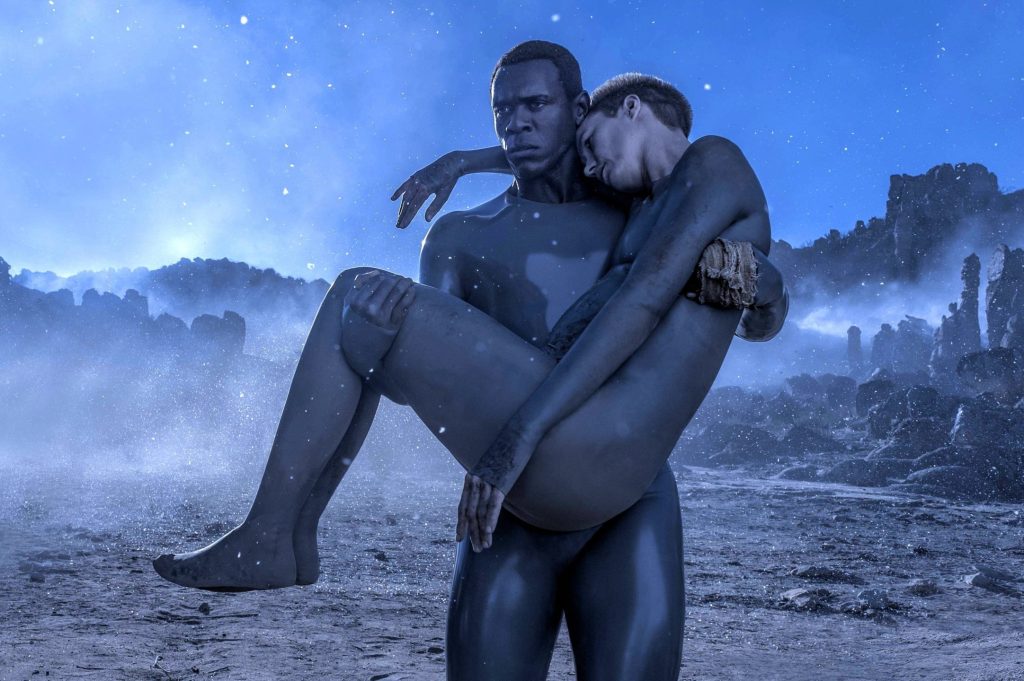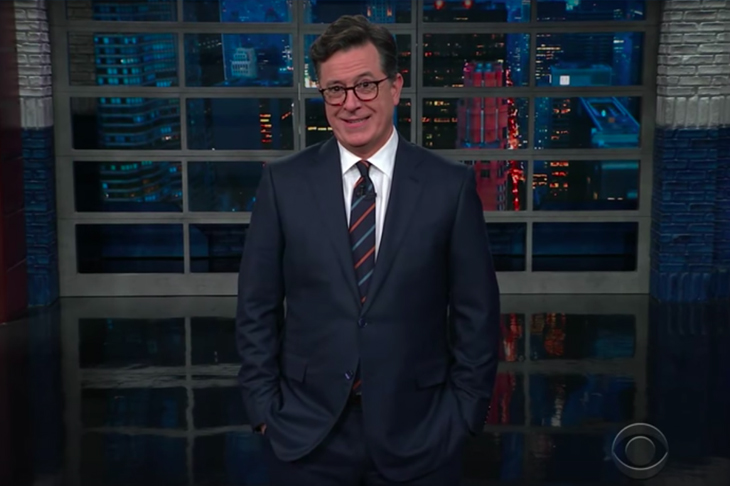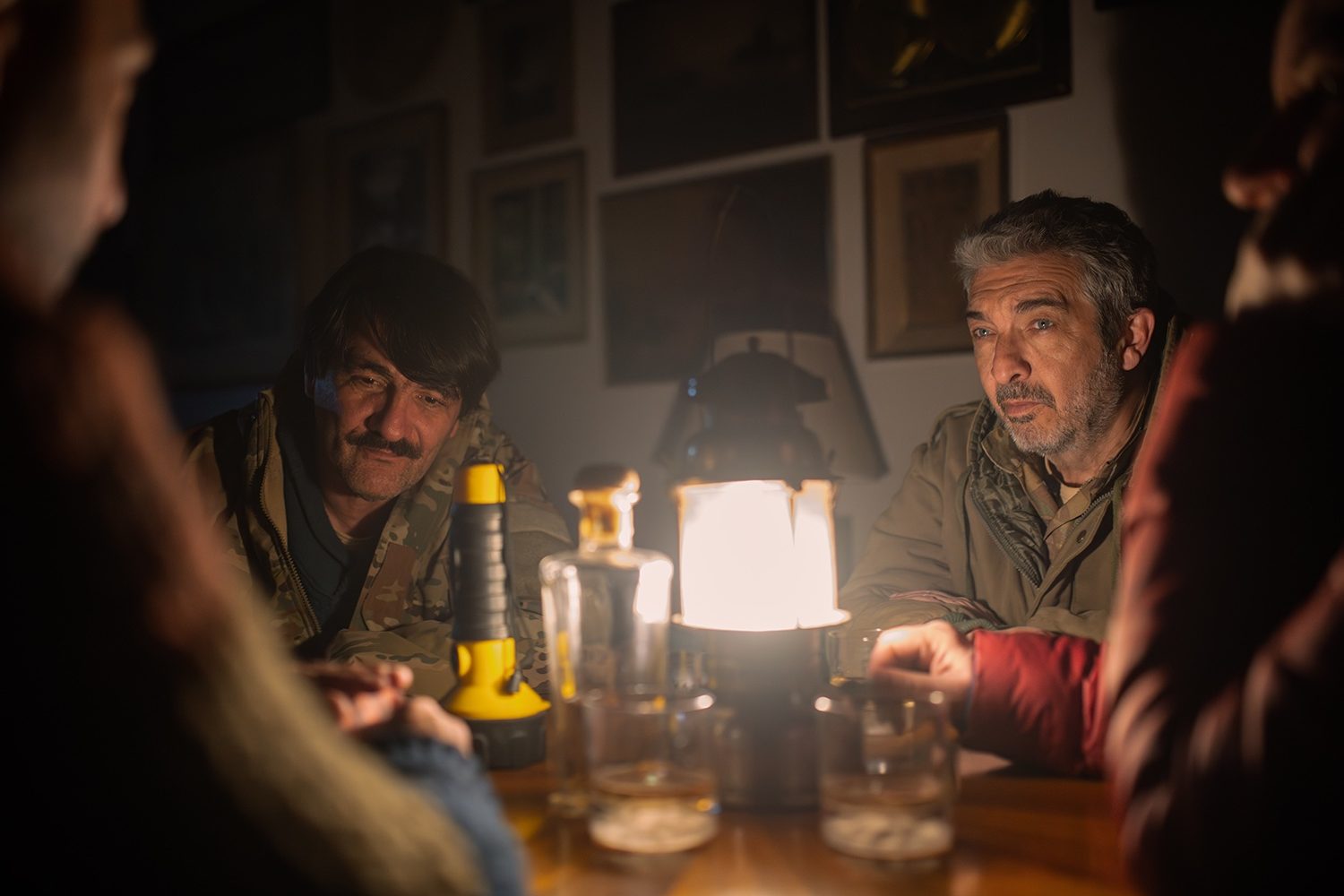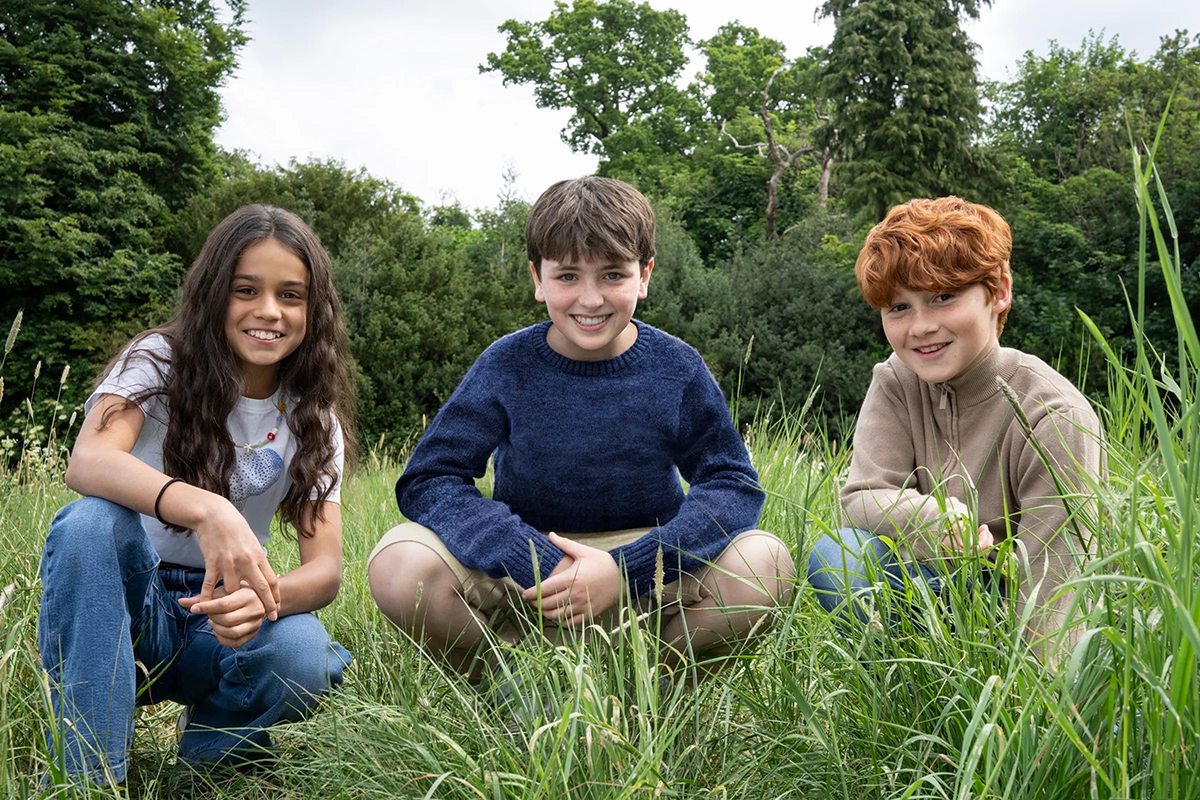An epic new sci-fi series executive-produced by the director of Blade Runner and Alien: who wouldn’t want to watch Ridley Scott’s Raised by Wolves? Myself for one. When I heard the name, I assumed Raised by Wolves was an update of the forgettable 2013 sitcom based on Caitlin Moran’s chaotic childhood in the industrial city of Wolverhampton, England. Caitlin’s very strong on stuff like vaginas and the importance of female empowerment, but I’d rather be stuck aboard an attack ship on fire off the shoulder of Orion than have to endure any of that.
To be honest, I’m not sure that Scott’s drama is any more enticing than Moran’s sitcom. You know that feeling you sometimes get that Blade Runner isn’t quite as great as you’ve always pretended it is: that it’s turgid, ponderous, excessively rainwashed, confusing and frankly a bit up its own bottom? Raised by Wolves has the same problem in spades (except the rainwashing is more figurative than literal).
You wonder whether perhaps this isn’t a forgivable bug in Scott’s films but a tiresome feature. The premise: it’s the future. Two rival groups — the religious Mithraics (who worship Sol and wear medieval-style sun insignia) and the equally zealous atheists — wipe out Earth in a global conflict. A thousand or so survivors flee to create a new civilization on the planet Kepler-22b (which does actually exist: it’s 620 light years away, in the constellation of Cygnus).
Personally I would rather it had stayed on Earth. The flashbacks promisingly suggest that the future war was a bit like the one in Terminator or, better, the surprisingly good Tom Cruise Starship Troopers-meets-Groundhog Day movie Edge of Tomorrow. In other words, like a cross between the trenches and Stalingrad, only with more silvery dust and added cool stuff like death lasers, anti-gravity backpacks and android medics who don’t just heal your wounds but actually transform your appearance with battlefield plastic surgery.
Unfortunately, screenwriter and lapsed Catholic Aaron Guzikowski isn’t that much interested in combat. Like the monsters that make an occasional, desperately needed appearance, it’s merely there to stop you nodding off to sleep while the 10-part drama languidly explores its main preoccupation: the philosophical struggle between the technocratic vision of the atheists and the irrepressible yet destructive religious impulse of the Mithraics. Yawn.
The star of the show is the sexless yet oddly fanciable Mother (played by Danish actress Amanda Collin). Like Daryl Hannah and Sean Young in Blade Runner, she is an android who resembles a catwalk model from some outré designer show: piercing eyes, otherworldly demeanor, weird garb (blue-gray body-hugging catsuit with Elven archer-style helmet, worn with early Bowie crop). Mother was designed by the Mithraics but has been captured and reprogrammed by the atheists as a parent for various embryos which have been blasted off to begin this new civilization on Kepler-22b. She has secret skills which I won’t mention for fear of spoiling the plot of Episode One.
No wait, I will. The more spoilers the better. They will help ensure you don’t waste valuable life on a series which is really best avoided. Have you got into Schitt’s Creek yet? It has the huge advantage over Raised by Wolves of being funny, with likable, well-drawn characters — and with episodes which, at 20 minutes, last a third as long as the ones in this interminable non-drama. And you don’t — as you do with Raised by Wolves — sit there praying for something, anything, to happen to alleviate the boredom.
At the end of each hour-long ordeal by episode (Scott only directs the first two by the way, after which it falls off), something does finally happen. Someone falls down a hole; a monster appears or (spoiler alert) — I did warn you — Mother transforms into a flying kill-machine which can bring down spaceships and turn humans, androids or monsters into a pulp with her deadly laser eyes or her telepathic brain. But it’s too little too late. I felt much the same way about Westworld, which for all its visual panache was about as fun as hearing someone describe this really weird dream they had last night — a dream which thus far has extended to four whole seasons.
We’re told that thanks to The Sopranos, Breaking Bad, et al, TV series are the new cinema. But they’re also the new Halcion, enabling overambitious filmmakers who were previously constrained by the two-hour movie format to indulge themselves with polished waffle which never draws to a satisfying conclusion because that’s not the point: it wants a second and third series. Lost set the template for this. And that’s what Raised by Wolves feels like: lost in space.
This article was originally published in The Spectator’s March 2021 US edition.

























